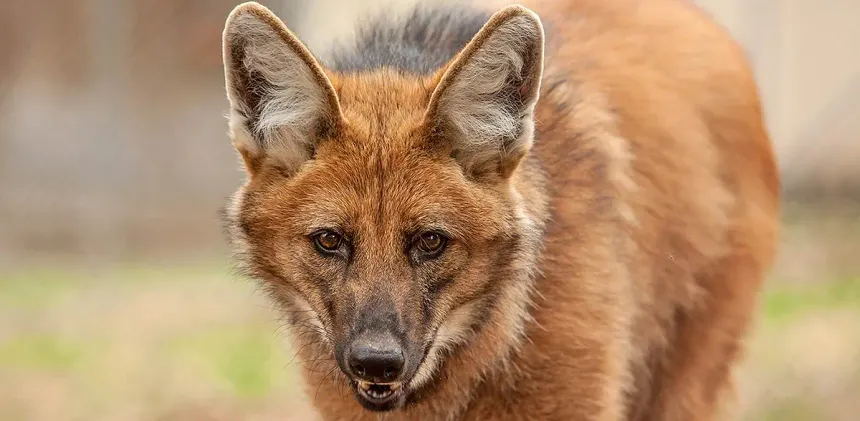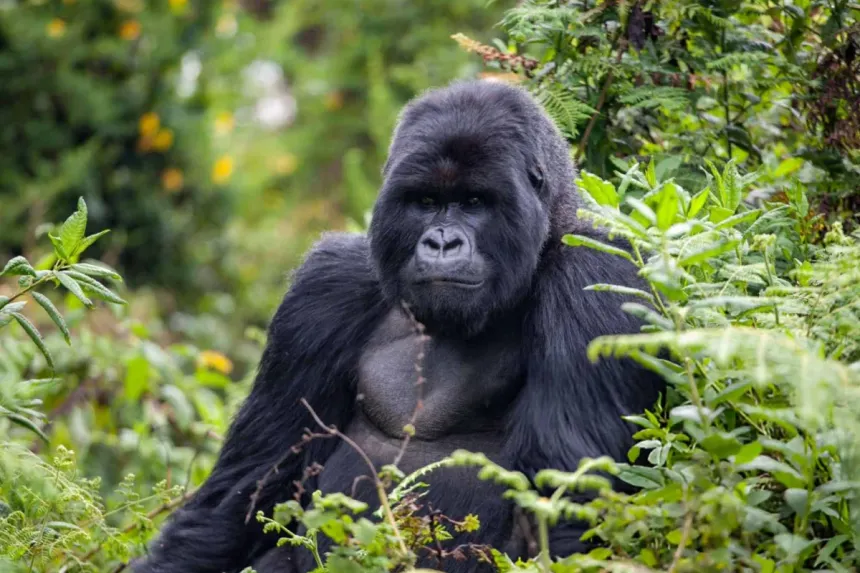How Long Do Parrots Live?
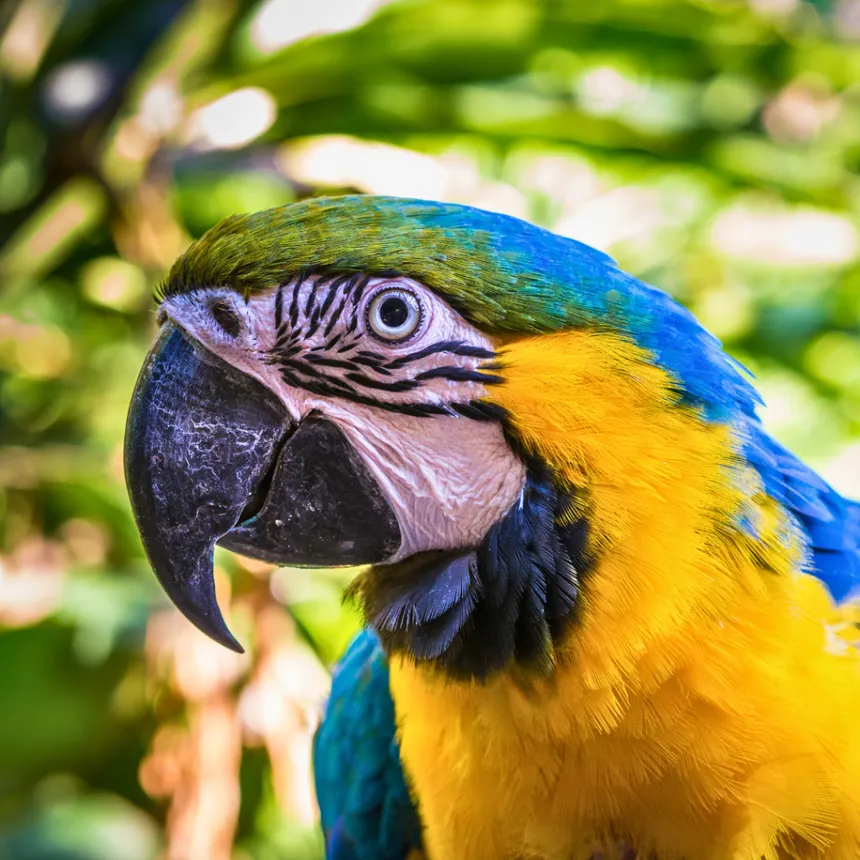
Parrots are among the most intelligent and colorful birds in the world, admired for their vibrant feathers, remarkable mimicry, and deep social bonds with humans. One of the most fascinating aspects of parrots is their longevity—some can live for decades, even outliving their owners. However, a parrot’s life expectancy varies significantly depending on the species, environment, diet, and level of care. This article provides a complete overview of parrot lifespans, both in the wild and in captivity.
1. Why Parrots Live So Long
Parrots belong to the order Psittaciformes, a group of birds known for their high intelligence and slow aging. Factors contributing to their long life include:
- Slow metabolism
- Strong immune systems
- Low predation in captivity
- Complex social and cognitive behaviors that stimulate brain health
- Proper nutrition and veterinary care
2. Parrot Lifespan by Species
Different parrot species have vastly different lifespans. Here are estimates for some of the most common pet and wild parrots:
| Species | Average Lifespan (Captivity) | Lifespan (Wild) |
|---|---|---|
| Budgerigar (Budgie) | 5–10 years | 4–6 years |
| Cockatiel | 10–20 years | 10–14 years |
| Lovebird | 10–15 years | 5–10 years |
| Conure | 15–25 years | 10–15 years |
| African Grey Parrot | 40–60 years | 20–30 years |
| Amazon Parrot | 40–70 years | 25–40 years |
| Macaw (Blue-and-Gold, etc.) | 50–80+ years | 30–50 years |
| Cockatoo | 40–70 years | 30–40 years |
| Eclectus Parrot | 30–50 years | 20–30 years |
| Quaker Parrot (Monk) | 20–30 years | 10–15 years |
🦜 Note: These are general ranges—some parrots have been known to live beyond 80 years with excellent care.
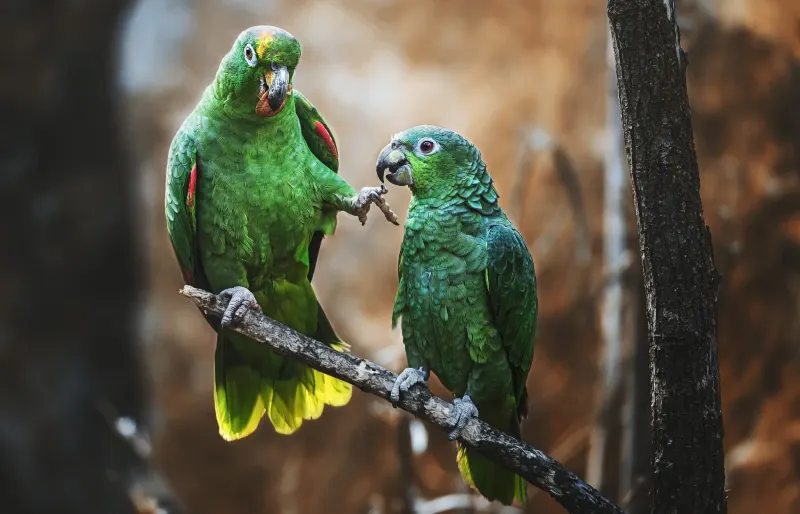
3. Lifespan in the Wild vs. Captivity
- Wild parrots face more threats: predation, food scarcity, disease, and habitat destruction. This often shortens their lives.
- Captive parrots, when given proper care, often outlive their wild counterparts thanks to regular food, protection, and medical support.
4. Factors That Affect a Parrot’s Life Expectancy
a. Diet
A proper, species-appropriate diet is essential. A mix of:
- Pelleted parrot food
- Fresh fruits and vegetables
- Seeds and nuts in moderation
- Clean water
Avoid foods like chocolate, avocado, alcohol, and caffeine, which are toxic to parrots.
b. Mental Stimulation
Parrots are incredibly intelligent and can become depressed or aggressive without adequate mental stimulation.
- Toys, puzzles, foraging games
- Daily interaction with owners or other birds
- Regular training or playtime
c. Environment
A stress-free, safe, and enriched habitat helps parrots live longer.
- Proper cage size and perches
- Clean environment free from smoke, fumes, and sharp objects
- Appropriate lighting (UV exposure for vitamin D)
d. Veterinary Care
Annual check-ups with an avian vet are crucial. Parrots can hide illnesses, so early detection is vital.
5. Notable Long-Lived Parrots
Some famous parrots have made the news for their extreme ages:
- Charlie, a Blue-and-Gold Macaw in England, was said to be over 100 years old (though unconfirmed).
- Cookie, a Major Mitchell’s Cockatoo, lived to be 83 years old at Brookfield Zoo, Illinois.
- African Greys have also been documented living well into their 60s and 70s.
6. Parrots as Lifetime Companions
Because many parrots can live for decades, adopting one is a serious long-term commitment. Large species like macaws or African Greys may require planning for succession care—deciding who will care for the bird if the owner becomes unable.
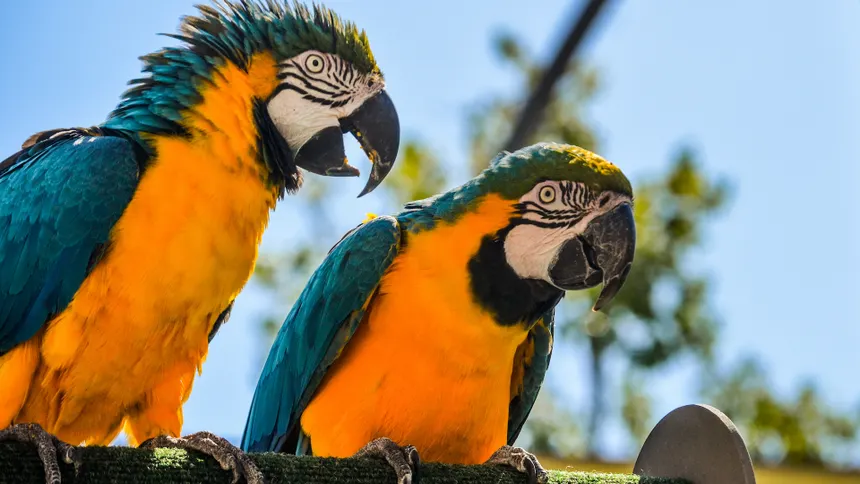
Conclusion
Parrots are among the longest-living pet birds, with lifespans ranging from a few years to over 80, depending on the species and care. With proper diet, attention, and veterinary support, these intelligent companions can thrive for decades, offering joy, companionship, and conversation to their human families. If you’re considering bringing a parrot into your life, be prepared for a lifelong bond that may last generations.



